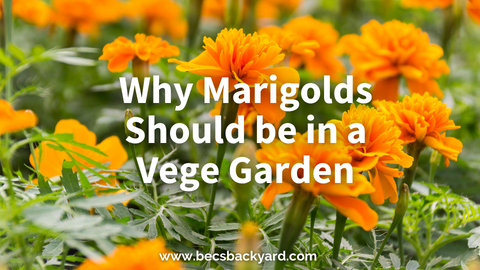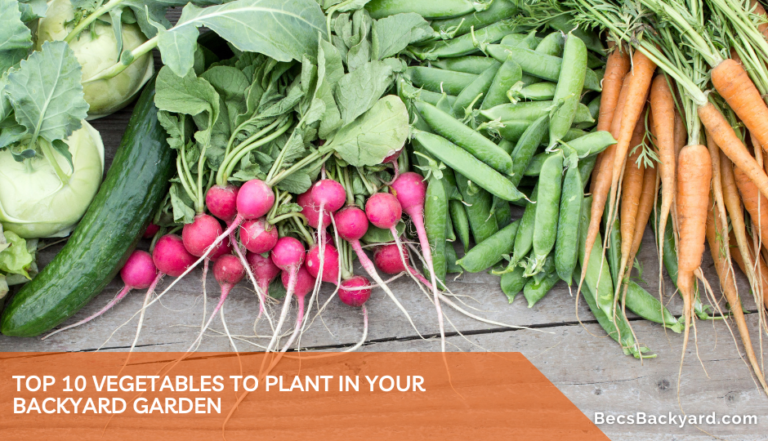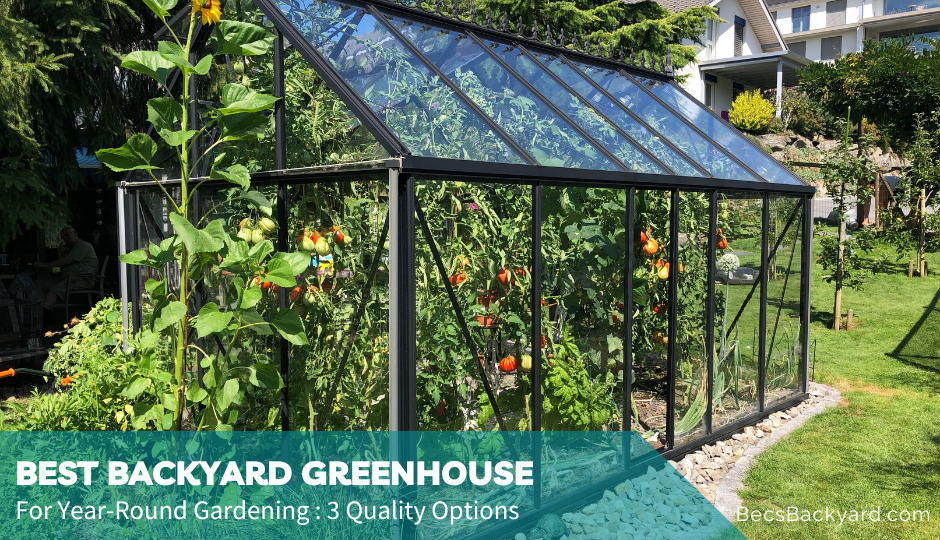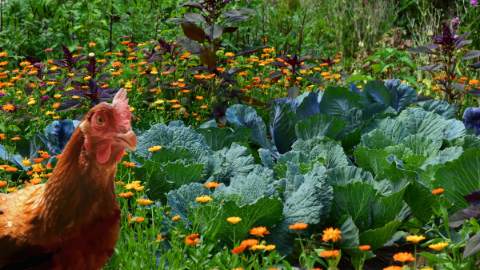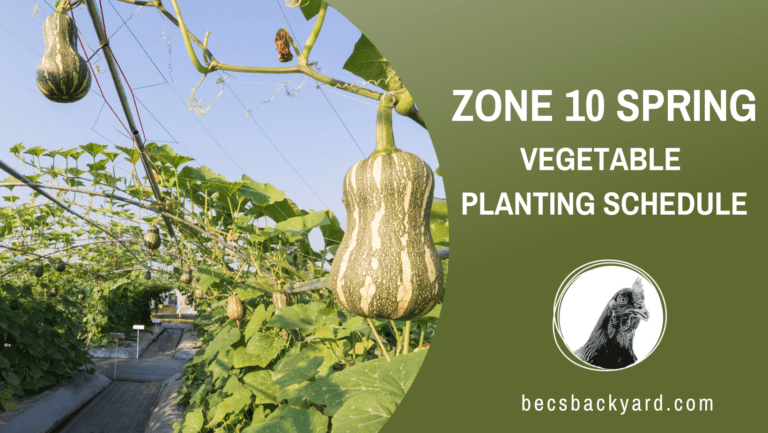Why Plant Marigolds in a Vegetable Garden?
Why plant Marigolds in a vegetable garden? Good question! Marigolds are annual or perennial plants that are commonly grown for their brightly colored flowers, but they also have a hidden secret power. Read on to find out why you should plant marigolds in your vegetable gardens.

The genus name for Marigolds is Tagetes. They are a common flowering plant with approximately 50 species that are native to the Americas. The popularity of the plants have helped them become naturalised around the world.
Most of the species have green pinnate (feather like configuration) leaves and blooms that can be one or a combination of golden, orange, yellow, white colors, often with highlights of maroon.
The marigolds grown in gardens are usually French marigolds (Tagetes patula), which are annual plants, and African or American marigolds (Tagetes erecta), which are perennials. The visual difference between these two types can be seen below in the two photos. Left side is patula and right is erecta.
You can see that patula is a more compact shorter plant opposite to the taller erectus. The erectus also has a larger flower head.
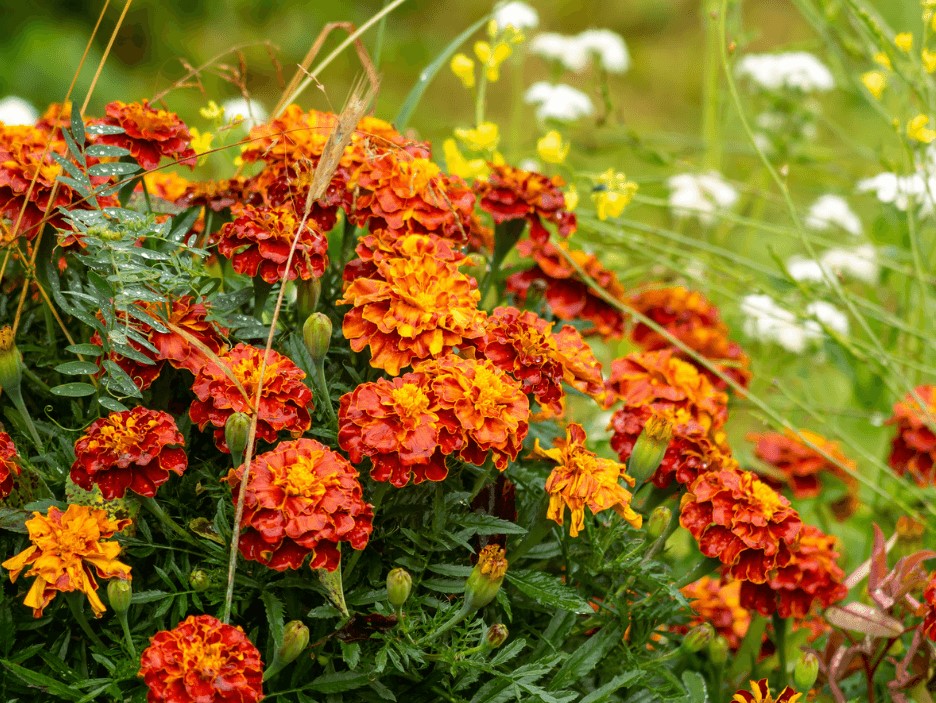
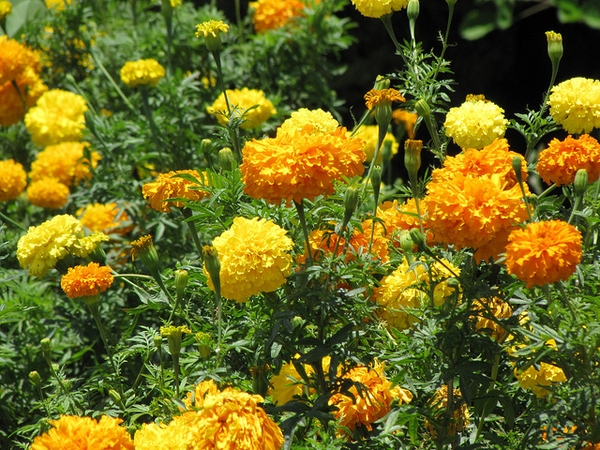
Benefits to Planting Marigolds
There are several benefits to planting Marigolds in your garden.
- Attract beneficial insects such as ladybugs, parasitic wasps, and lacewings which all prey on the harmful garden insects, reducing the damage caused to your plants
- Marigolds emit a toxin into the soil that helps eliminate nematode. Nematodes are small microscopic worms that damage the roots of vegetable plants, particularly tomatoes
- Their bright colorful blooms look amazing in the garden
How to Plant Marigolds
Marigolds are very easy to grow if they have the right conditions. They like warm dry conditions, but like most plants to get the seeds to germinate they need some moisture.
Here in Becs Backyard I break off the dried flower heads and break them up around the garden spreading the seeds. Sometimes these germinate over winter but grow very slowly, most of them pop up in spring when the soil warms up and we have had some spring rainfall.
Marigolds prefer a sunny position and can tolerate dry conditions too.
Here Are Some FAQ’s About Marigolds
Why plant marigolds in a vegetable garden?
Marigolds are beneficial to vegetable gardens for several reasons. They can repel harmful insects and nematodes, attract pollinators, and improve soil health.
How do marigolds repel harmful insects?
Marigolds contain natural compounds that can repel certain harmful insects, such as whiteflies and aphids. Planting marigolds alongside your vegetables can help deter these pests and reduce the need for pesticides.
What are nematodes, and how do marigolds repel them?
Nematodes are small, microscopic worms that can damage plant roots and reduce crop yields. Marigolds release compounds that are toxic to nematodes, which can help control their population and prevent damage to your vegetables.
What types of marigolds should I plant in my vegetable garden?
French marigolds (Tagetes patula) and signet marigolds (Tagetes tenuifolia) are the most commonly recommended varieties for vegetable gardens, as they are particularly effective at repelling pests
Where should I plant marigolds in my vegetable garden?
It’s best to plant marigolds around the perimeter of your vegetable garden or in between rows of vegetables. Avoid planting them too close to your vegetable plants, as marigolds can release compounds that can inhibit the growth of some plants.
Do marigolds attract beneficial insects as well?
Yes, marigolds are known to attract beneficial insects such as ladybugs and lacewings, which can help control pest populations in your garden.
When should I plant marigolds in my vegetable garden?
Marigolds can be planted at any time during the growing season, but it’s best to plant them before pest populations become established. Planting them early in the season can help deter pests from the start.
Conclusion
In our opinion there are no negatives to planting marigolds in your vegetable garden. Not only are they pretty to look at, they also attract beneficial insects whilst repelling the ones you do not want in your garden. It is pretty much a win : win. So, get out there and get some marigolds into your vegetable gardens!
Thanks for reading and if you have any questions about Marigolds in your vegetable gardens let me know!

